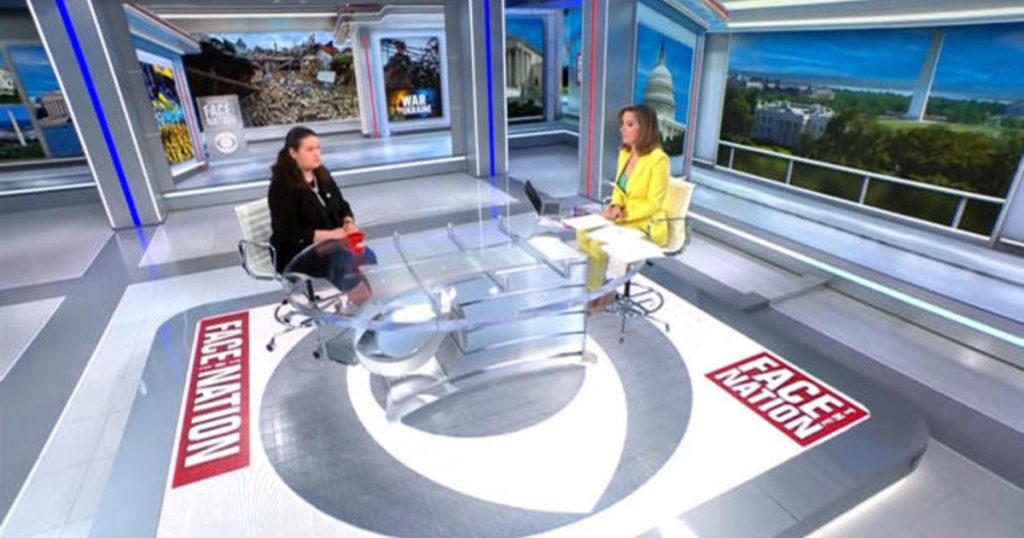During a recent episode of Face the Nation, several key figures shared their insights on pressing issues facing the nation. Oksana Markarova, the Ukrainian ambassador to the United States, emphasized the urgency of supplying weapons to her country in its battle against a formidable enemy. She expressed the need to catch up after a significant delay in weapons ordering, highlighting the critical nature of the situation. Meanwhile, Chris Krebs, former director of the Cybersecurity and Infrastructure Security Agency, warned about the potential erosion of confidence in the information ecosystem leading up to the 2024 election. Although he did not foresee a single catastrophic event, he expressed concerns about a steady decline in trust among voters.
Former Defense Secretary Robert Gates also weighed in on the political landscape, particularly regarding former President Donald Trump’s potential candidacy in the 2024 election. Gates refrained from openly endorsing Trump, citing concerns about his behavior, including disdain for allies and a troubling fondness for authoritarian leaders. His remarks underscored the importance of credibility and consistency in leadership, particularly in a volatile political climate. The discussions on Face the Nation shed light on the complex challenges facing the nation and the need for thoughtful, strategic decision-making to navigate these turbulent times.
The urgency of the situation in Ukraine was further emphasized by Markarova, who stressed the critical need for timely and sufficient weapon supplies to combat the looming threats posed by adversarial forces. She highlighted the long pause in weapons ordering, underscoring the need to expedite the process to effectively confront the enemy. As tensions escalate in the region, the importance of robust support from the international community, including the United States, becomes increasingly apparent. Markarova’s remarks underscored the severity of the crisis and the necessity for swift and decisive action to safeguard Ukraine’s security and sovereignty.
Krebs’s insights on the potential challenges facing the 2024 election shed light on the evolving landscape of cybersecurity and information warfare. With the proliferation of technology and the increasingly interconnected nature of society, the threat of destabilizing influences on electoral processes looms large. Krebs’s concerns about the erosion of public trust in the information ecosystem point to the need for vigilance and proactive measures to protect the integrity of democratic institutions. As nefarious actors seek to exploit vulnerabilities in the digital realm, bolstering cybersecurity measures and promoting transparency in electoral processes are paramount to ensuring a fair and secure democratic process.
Gates’s cautious stance on the prospect of a Trump candidacy in 2024 reflects broader concerns about leadership and governance in a rapidly changing world. As the political landscape evolves and challenges mount, the need for steady, reliable leadership becomes increasingly apparent. Gates’s emphasis on credibility and consistency in leadership underscores the importance of integrity and principled decision-making in shaping the nation’s trajectory. Amidst partisan divides and polarization, the call for statesmanship and responsible governance resonates strongly, highlighting the critical role of leadership in addressing complex challenges and uniting diverse factions towards shared goals.


